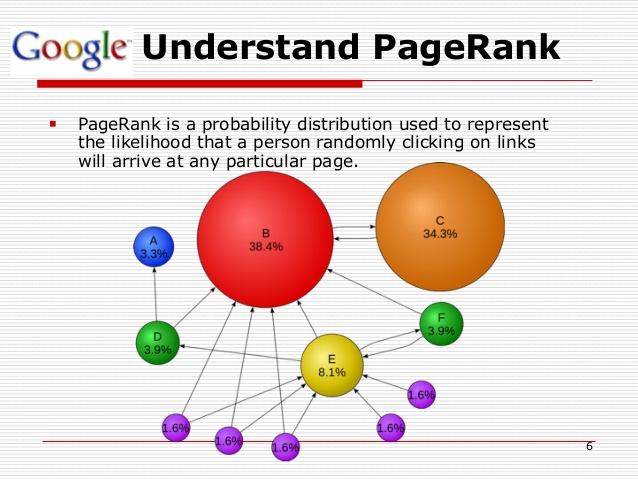Understanding Google's Ranking Factors vs Ranking Signals for SEO

Backlinks, or inbound links, are like a vote of confidence for your website. Google measures those votes and analyzes the quality of your links. According to different studies, content length has a significant impact on where you rank on the search results. On average, posts in the first 10 positions on Google search have 1,890 words. Another way to boost your content quality is by keeping it fresh and updated.
Mobile-Friendly Site
Google has also said there are times when they look at a website to understand where new pages should rank. Authority Hacker says that Domain Rating seems “somewhat relevant” to a page’s ranking. Search Engine Land reported significant ranking fluctuations after the algorithm change went into effect.
With each additional second it takes for your site to load, ranking ability is lost. You can test your page speed on Google’s free PageSpeed Insights tool. User engagement is related to the #1 overall factor, Consistent Publication of Engaging content.
If you need more info on your site’s Google rankings, read this post on the best Google ranking checker tools. So, when you’re creating content, make sure it’s different and better than other websites that are ranking for your targeted search term. Of course, the search terms you want to rank for should also match your focus keywords. For more opportunities to optimize for Google’s ranking factors, follow our easy 10-step SEO audit, or you can use our free Website Grader tool to do it for you. Or, check out our full range of digital marketing solutions to learn how we can help with your SEO.
Identify key entities related to your topic and strategically integrate them into your content. Research and link to authoritative sources that discuss these entities. Google ranker can help establish your content as a thought leader and build trust with Google's algorithm. Use synonyms and related terms throughout your content to create a semantic web for your page. This helps Google better understand your content and its connection to the broader topic. You can find those relevant terms with Rank Tracker’s Keyword Research module.
What are Google ranking factors?

This factor calculates the number of “referring domains” you have; in other words, this represents the number of different domains pointing to a page of your site. An entity is essentially an iteration of a keyword with proper context, matching what the user intent with search results. Put simply, this is a statistical assessment of variable correlation; when the ranking factor is present, rankings tend to increase.
You can control what Search activity is used to improve your Search experience, including adjusting what data is saved to your Google account, at myaccount.google.com. To disable Search personalization based on activity in your account, turn off Web & App Activity. For instance, if you’re in Chicago and you search “football”, Google will most likely show you results about American football and the Chicago Bears first. Whereas if you search “football” in London, Google will show results about soccer and the Premier League. Back in 2019, Google told us it would be using mobile-first indexing on all new sites.
